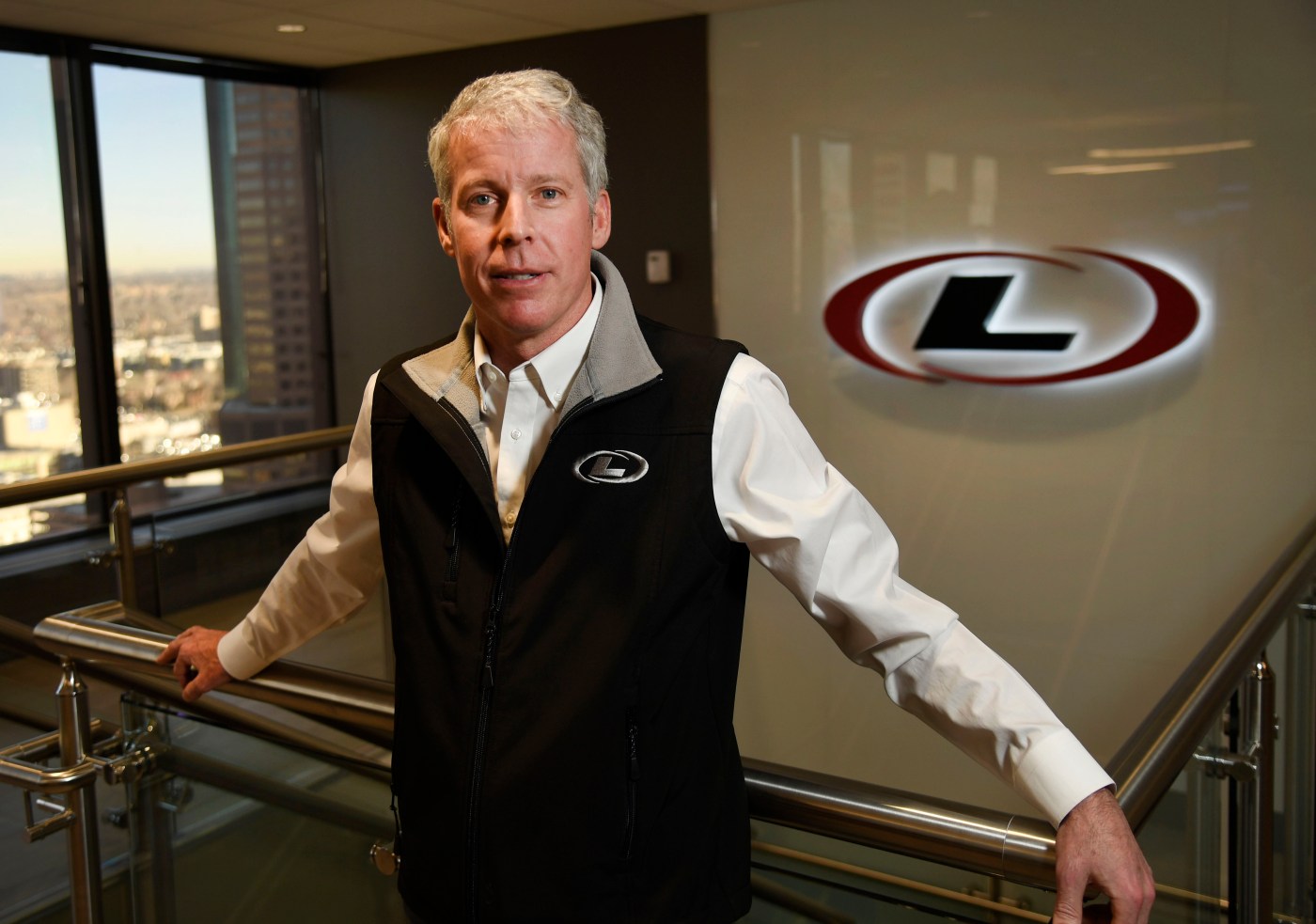
Millard: Trump energy pick signals new direction
Energy groups and advocates described President-elect Donald Trump’s selection of Liberty Energy CEO Chris Wright as energy secretary as a return to normalcy for an agency that, under the Biden administration, has been more of an obstacle than an ally.
“There’s nobody more qualified, intelligent, passionate and also deeply caring about people and the consumer, and understands both the complexities of energy and cost to consumers,” said energy consultant Trisha Curtis of PetroNerds.
A self-described tech nerd, Wright entered the energy industry by founding Pinnacle Technologies. The company pioneered hydraulic fracture mapping that revolutionized shale gas production. In 2010, he founded Liberty Energy, now valued at more than $2.8 billion. Trump called Wright an energy pioneer whose work in shale “fueled American energy independence.”
Trump made energy development a vital plank in his campaign platform. He hammered Vice President Kamala Harris for endorsing a fracking ban and supporting the Green New Deal in 2019.
Like his future boss, Wright isn’t shy about expressing his views.
Two years ago, Wright purchased billboards in Denver criticizing The North Face for refusing to do business with energy companies despite using synthetic oil-derived materials. “That North Face puffer looks great on you. And it was made from fossil fuels,” the billboards read.
Wright also criticized the Biden administration and other governments for setting unrealistic climate goals and demonizing fossil fuels. He called the Net Zero 2050 campaign “unachievable and, frankly, unadvisable” due to its cost and reliance on unreliable technology.
Environmentalists aren’t happy.
Greenpeace USA Deputy Climate Program Director John Noel likened Wright’s nomination to “putting a pyromaniac in charge of the fire department.” He suggested the appointment was part of a disturbing trend of oil and gas executives being nominated for critical government roles.
Although portrayed as a climate change skeptic, Wright acknowledged last year the Earth was getting warmer and that sea levels were rising. “Since the end of World War II, human burning of fossil fuels has increased atmospheric CO2 concentration by about 50 percent,” he said.
However, Wright argued that the danger of climate change through energy consumption was “clearly overwhelmed” by its benefits to the human race through increased life expectancy, wealth and health.
“The only thing resembling a crisis with respect to climate change is the regressive, opportunity squelching policies justified in the name of ‘climate change,’” Wright said.
He thinks the green energy push resulted in higher prices, destabilized grids and displaced high-paying jobs.
Curtis defended Wright’s comments by pointing toward Germany. The European country has experienced energy price shocks as it pivoted from nuclear and fossil fuels to renewables. “(Americans) don’t want to be that,” she said.
Taylor Millard writes about politics and public policy for InsideSources.com.

